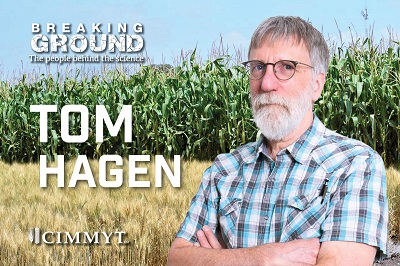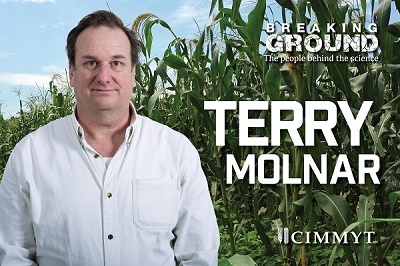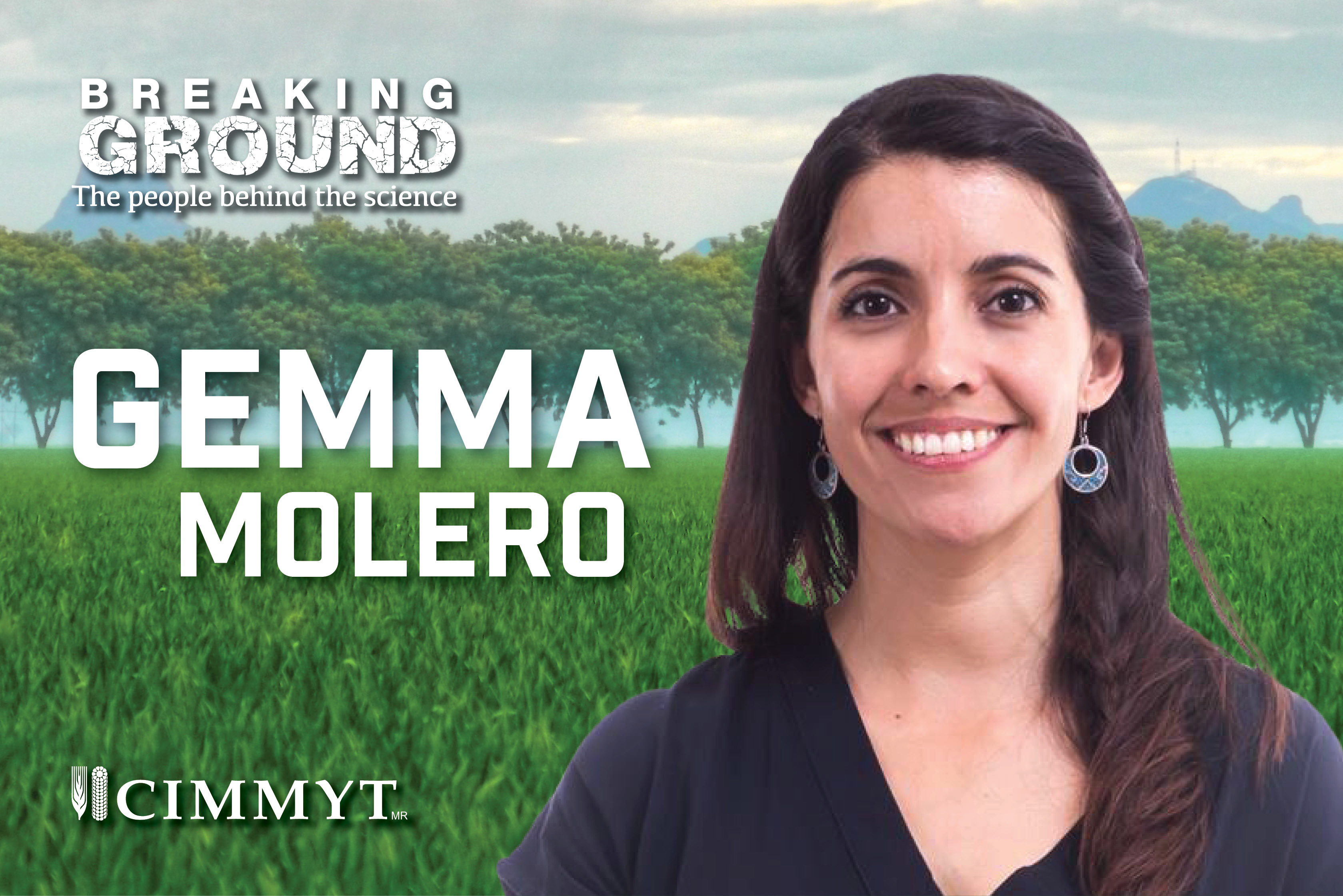 Over the next 50 years, the world’s population is set to be more than 9 billion. To feed this amount of people food production will need to more than double.
Over the next 50 years, the world’s population is set to be more than 9 billion. To feed this amount of people food production will need to more than double.
Doing this will require us to grow food faster than ever before, a global task which will be even more challenging if we don’t first improve the way we collect and share information, according to Carolina Rivera, a wheat physiologist at the International Maize and Wheat Improvement Center (CIMMYT) and data coordinator with the International Wheat Yield Partnership (IWYP).
Demand for wheat by 2050 is predicted to increase by 70 percent from today’s levels due to population growth and dietary changes, but the challenges to wheat production are stark and growing. The crop is at risk from new and more aggressive pests and diseases, diminishing water resources, limited available land and unstable weather conditions related to climate change.
“The data tells us that we won’t meet future demand unless we’re able to significantly increase genetic gains,” says Rivera. Current annual genetic yield gains of cereals range from 0.5 to 1 percent, meaning that genetic improvements made to crops by scientists are at best resulting in 1 percent higher yields than the previous year, notwithstanding the possibility of improvements due to crop management which are known to be much harder for resource-poor farmers to implement.
Since Rivera started as an IWYP data coordinator, she’s helped release a new instance of the public database called “Germinate,” which hosts phenotypic, genotypic and other data on wheat collected by CIMMYT staff, IWYP project members, and partners around the world. She seeks to deploy new technologies to capture data and develop better systems to standardize, collect, compile and curate field data gathered by members of her CIMMYT research team and their partners.
“Three years ago, around 80 percent of CIMMYT’s wheat physiology field data in Mexico were collected manually,” said Rivera. “But now, the use of tablets for data collection, improved protocols for data processing, among other tools allow us to have real-time quality control. By standardizing our results and facilitating data curation and analysis, we help scientists make faster, more informed decisions.”
Rivera has a unique perspective in crop data management because she applies her on-the-ground knowledge of wheat research to adopt and adapt new technologies and systems that meet the needs of scientists. As a wheat physiologist, she has identified new traits associated with the optimization of plant morphology aiming to boost grain number and yield.
“Data management can seem like an afterthought to the research, but having more controlled and optimized workflows will become crucial for breeding programs as data volumes increase,” says Rivera. “Achieving high-quality data management is a challenge – like with any change in technology, it requires a huge shift in the way people do their job and tools they use.”
Despite this, more than 2 billion genotypic data from CIMMYT have been made available in the Germinate and Dataverse platforms, and Rivera believes that data sharing will eventually become part and parcel to the work wheat researchers conduct.
Before starting her current position at CIMMYT, Rivera received her doctorate in crop science from the University of Nottingham. Ultimately, she believes that the adoption of better data management practices across research institutions will soon become a cornerstone in the ability to create “ideal” wheat plants that produce more grains, feeding more people.
The International Wheat Yield Partnership (IWYP) is a long-term global collaboration with funding from public and private research organizations that seeks to increase the genetic yield potential of wheat by 50 percent in 20 years. Find a full list of funders here.

 Innovations
Innovations 


